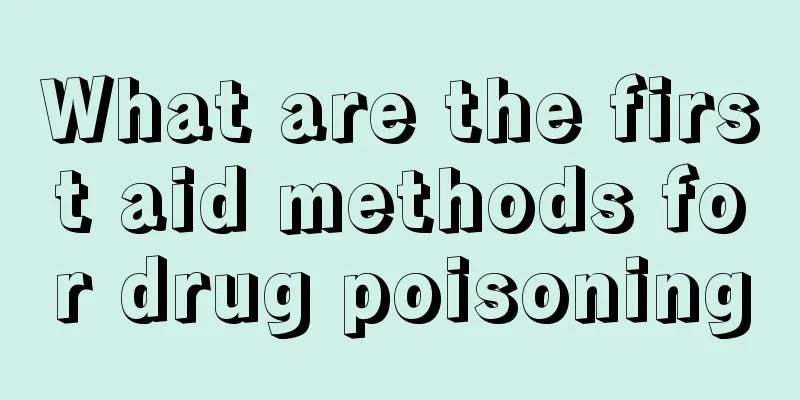What are the principles of BCG booster vaccination?

|
Vaccines are a very important medicine in modern life and play a critical role in preventing diseases. Therefore, vaccination is also a basic requirement for modern disease prevention. There are many types of vaccines, and people choose the appropriate vaccine according to their needs. Among them, BCG vaccine is the most commonly used one, but there are many injection principles that need to be paid attention to. Let’s take a look at the principles of BCG booster vaccination. I hope parents can understand this. The national immunization program requires that newborns should be vaccinated with BCG within 24 hours. If the vaccination cannot be done within 24 hours due to infection, jaundice or other reasons, a BCG booster vaccination is required within 3 months. Suspension and ulcers may occur at the BCG vaccination site, and the ulcers will heal and scab over about 8-12 weeks. This is normal. If the baby is more than three months old, a negative PPD test is required before the BCG vaccination. Babies over 4 years old do not need to receive a BCG booster vaccination. What are the principles of BCG booster vaccination? 1. If the BCG vaccination is not given in time due to health reasons at birth, the infant or child is required to wait 42 days after birth to be examined in a second-level or above hospital. When the infant or child has fully recovered to normal, the vaccination can be carried out with a health examination certificate (all indicators are normal) and the BCG booster vaccination instructions. The physical examination requires at least weight, heart and lung conditions and jaundice value (skin jaundice <8umol/L). 2. If BCG needs to be administered on the same day as other vaccines, a maximum of 2 injectable vaccines (including BCG) and one oral vaccine can be administered each time. Because BCG is only administered in the left upper arm, a one-month interval is required if administered in the left upper arm. BCG can be administered at different sites on the same day as a live attenuated vaccine. If not administered on the same day, the interval should be ≥ 28 days. The interval with hepatitis B immunoglobulin should be 1 month, and the interval with other immunoglobulins should be 3 months. 3. If the baby is older than 3 months but younger than 3 years old and has not been vaccinated, a PPD test is required, and vaccination can only be done if the result is negative. 4. If your baby is sick, you should wait one month after the acute illness recovers before getting a booster shot. 5. Children older than 4 years old do not need to receive booster vaccinations. |
<<: What does it mean when a baby has a birthmark on the top of his head?
Recommend
How to exercise the urethral sphincter, pay attention to the method
The urethral sphincter is the main muscle that co...
Is there any cure for a child with brain cancer?
Children with brain cancer can be cured, but they...
Endocrine therapy is also a good treatment for breast cancer
Endocrine therapy is also a good treatment for br...
Preoperative and postoperative care for thyroid cancer patients
How should patients with thyroid cancer be cared ...
How to wash ink dropped on clothes?
In our daily life, the clothes we wear are clean....
What does hematocrit mean
Hematocrit is an examination item that we can see...
What should I do if my face becomes red and hot due to allergies
Skin allergies are very red and hot, which can ha...
What is the function of lysosome
From a medical point of view, the mysteries of th...
How to prevent colon cancer from recurring 5 years after surgery
Cancer is extremely painful for patients and is n...
Is the morning and evening honey weight loss method effective?
Honey is a holy product for weight loss and has a...
Can iron deficiency anemia cause hair loss?
Modern people have a heavy workload and are in a ...
Why does my urine smell so bad?
Urinating is the act of urinating. Under normal c...
Should I do scraping first or moxibustion first?
Gua Sha and moxibustion are both traditional Chin...
What tests should be done for esophageal cancer? 4 tests can be diagnosed
When a person develops esophageal cancer, he or s...
What's the matter with chest tightness and shortness of breath
With the development of society, people are alway...









